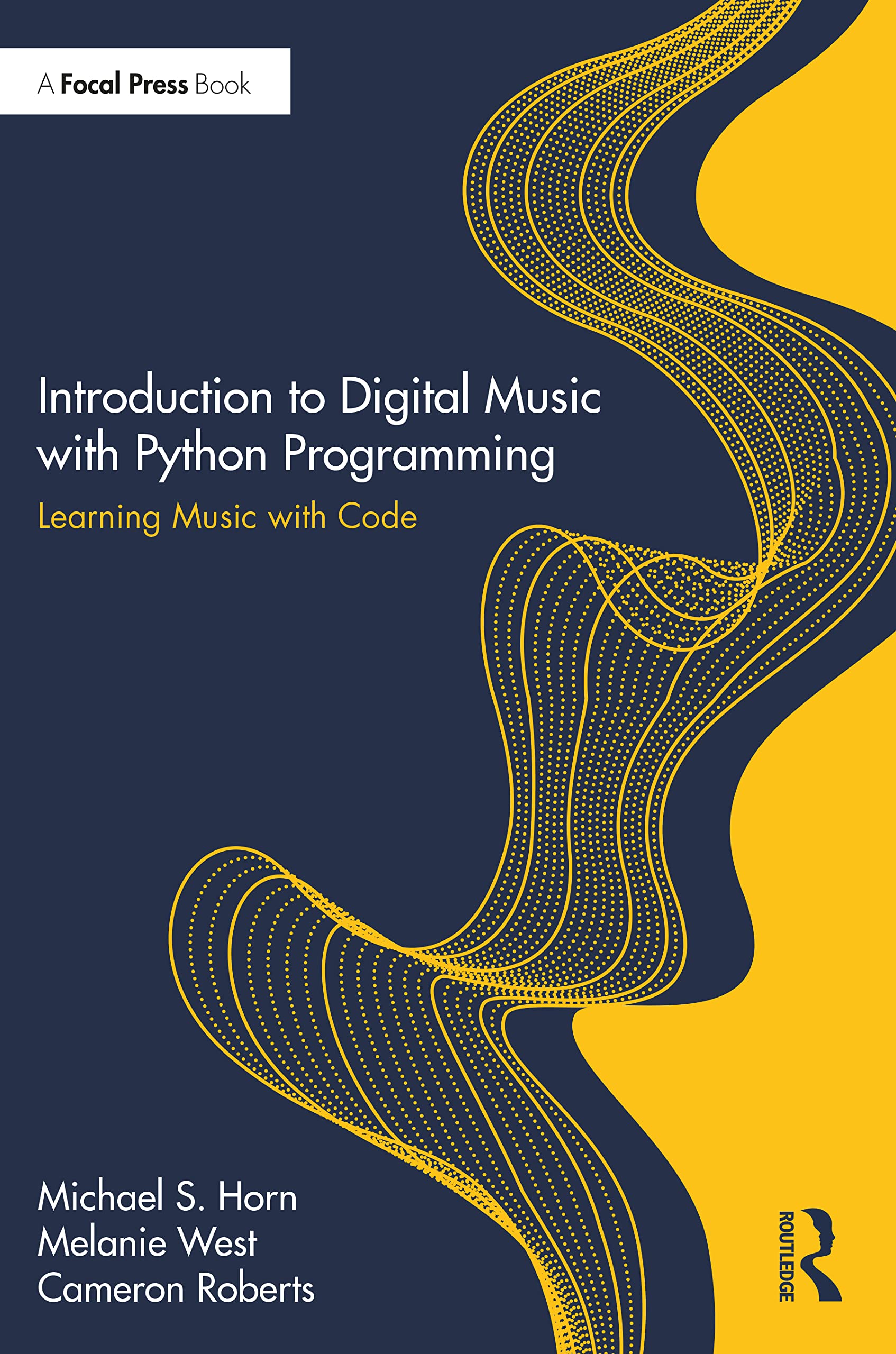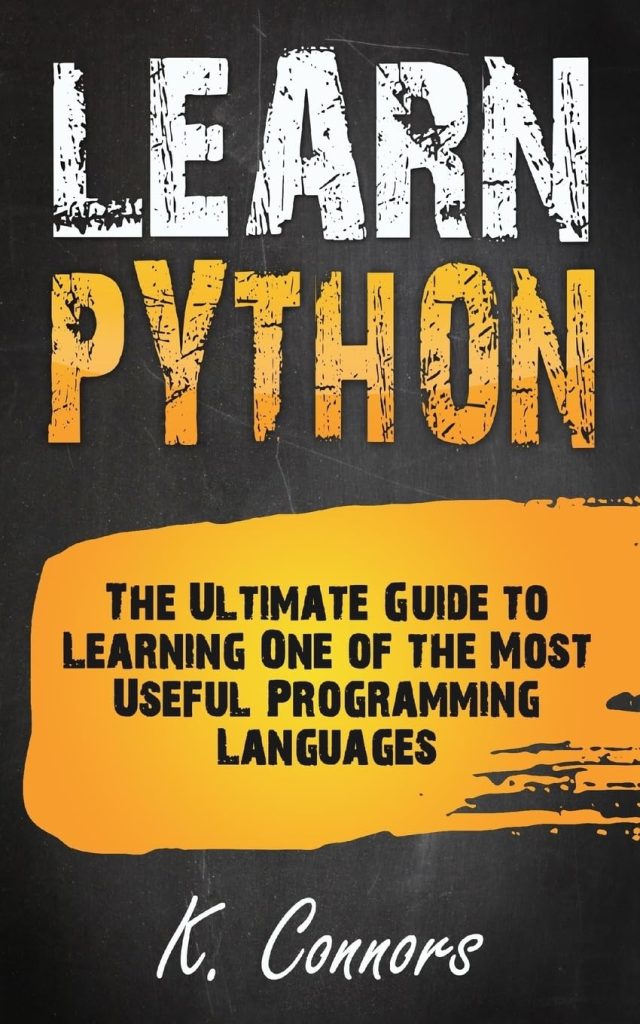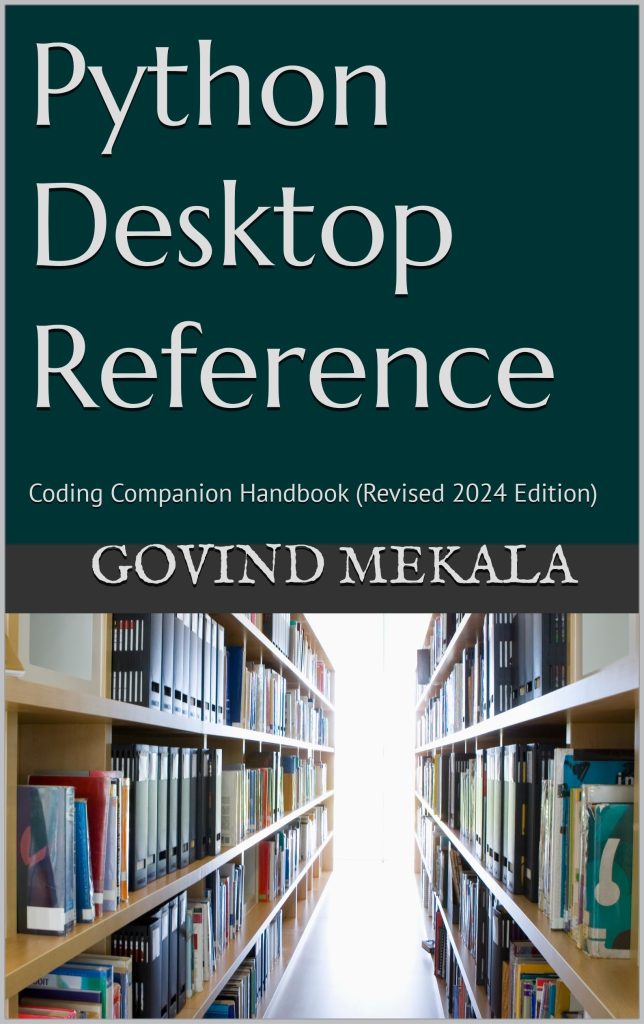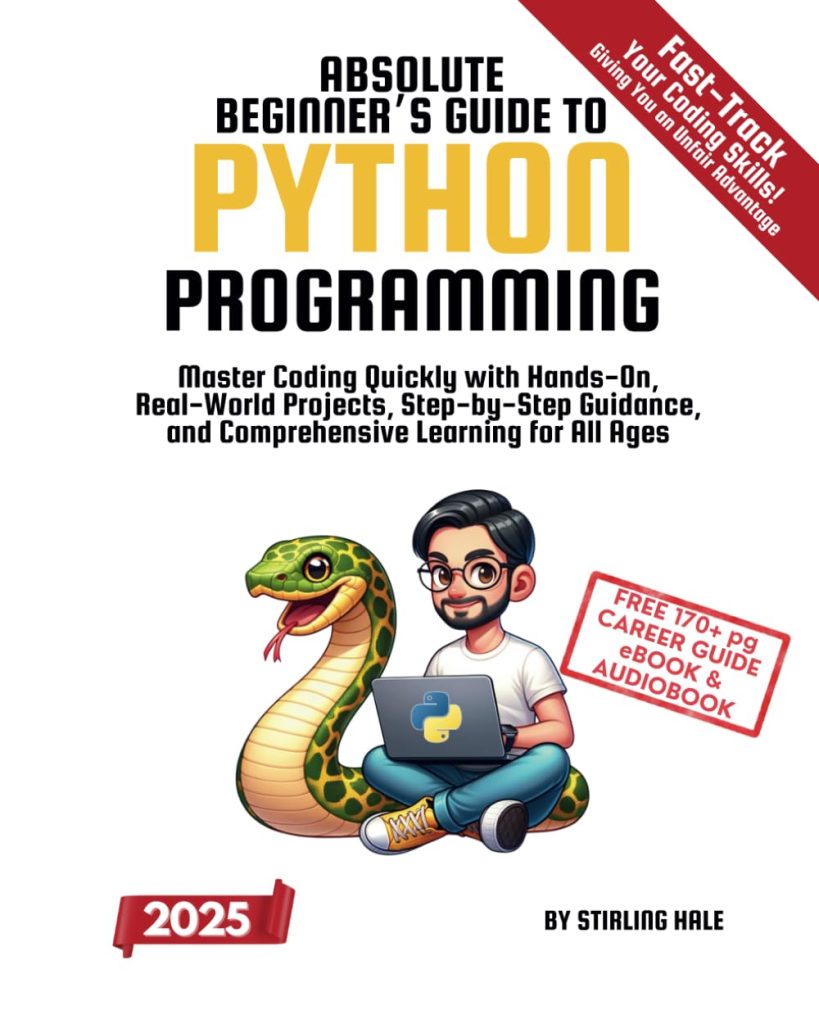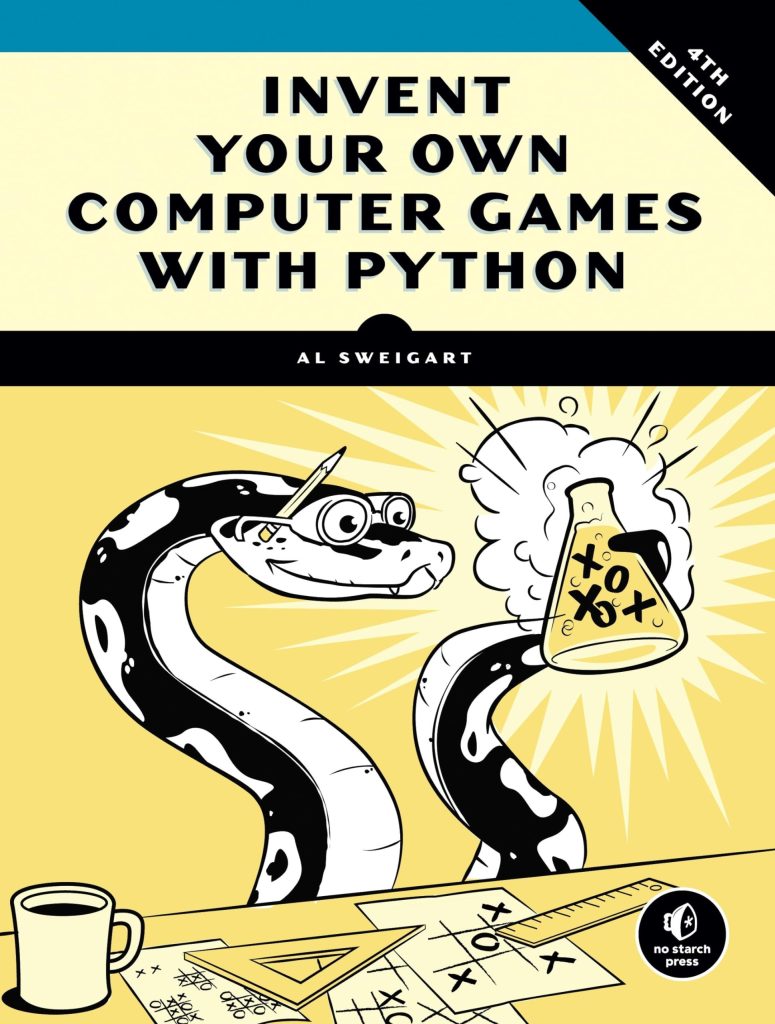If you’re someone who’s ever dreamed of blending your love for music with the power of programming, then “Introduction to Digital Music with Python Programming” is your golden ticket! This book wonderfully bridges the gap between the technical and the artistic, catering to both novice coders and music enthusiasts alike.
Why You Should Read This book
This isn’t just a textbook; it is a creative journey that empowers you to translate your musical ideas into code. You’ll explore practical applications of Python, learning how to generate sounds, analyze music, and create unique music projects. Whether you are a hobbyist or aspiring professional, the book offers a treasure trove of knowledge.
Who Will Benefit Most?
- Beginners in Programming: If you’re new to Python, don’t worry! The book lays a solid foundation, guiding you step by step through the core concepts.
- Music Lovers: If you’re passionate about music and want to understand how digital music works, the book gives you the tools to dive deep into the subject.
- Educators: This resource can be a fantastic addition to music and computer science curriculums, making it easier to introduce students to the intersection of these fields.
- DIY Musicians: If you like making music on your own terms, the programming skills you’ll gain can lead to innovative creations in your music-making process.
What makes the book stand out is its practical approach. You’ll not only learn how to code, but also how to think like a musician. The hands-on projects keep your learning engaging and ensure you can apply what you learn right away.
So grab your Python environment, unleash your creativity, and get ready to transform your musical experience! Whether you aspire to produce tracks, build music apps, or just want to explore this amazing intersection of technology and art, this book is a must-have in your arsenal.

